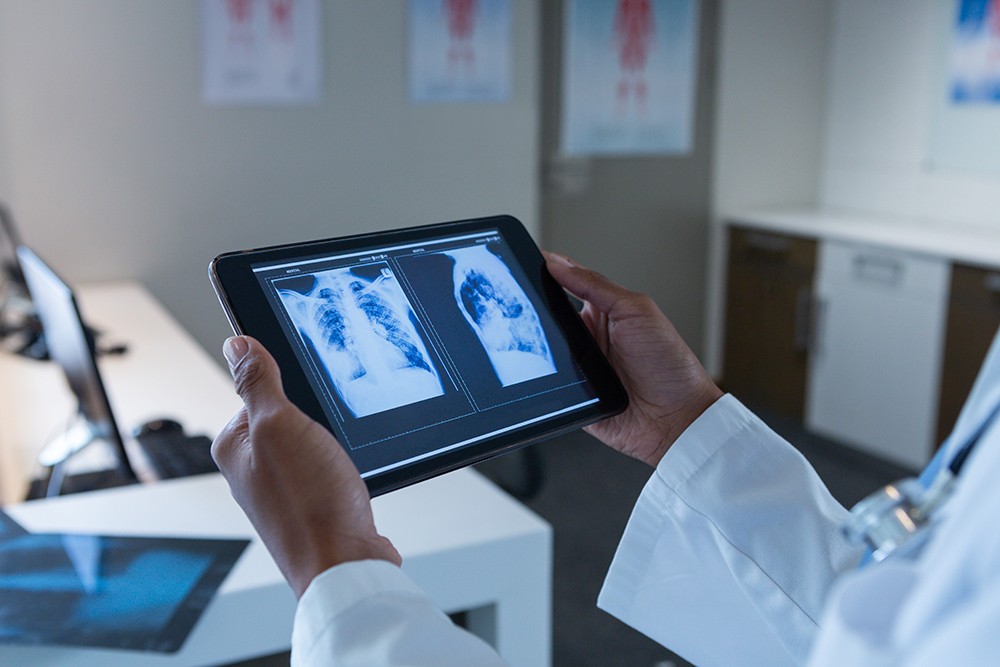
In general terms, collaborative work is work in which a group of people contributes their ideas and knowledge to achieve a common goal; it pursues knowledge production and optimizes results. It is a more flexible way of working that allows different products to be achieved than mere teamwork.
Interprofessional collaboration is understood as to how different professionals in the health and social fields interact to achieve quality care. It can also be understood as collaborative practice.
Revenue cycle management is an essential element in the administrative management of any business, and the hospital sector is no exception. However, the introduction of new regulatory requirements and the increase in self-pay patients and highly deductible health plans present further complications to revenue cycle management, bringing efficient cash flow to a halt.
For healthcare providers, the revenue cycle is lengthy and complicated. Patients call an office or present for treatment, only to be greeted by forms requiring personal information and insurance details. There may be several parties involved in the payment process as collection and processing. It only ends when the balance is finally paid.
As in all industries, some steps can and should be taken to ensure a sustainable and profitable business model in health care. To identify the suitable options for improving a revenue cycle, healthcare providers must first examine the current challenges, whether regulatory or financial; this is where collaborative work comes in. Thanks to the expertise of professionals dedicated to different fields, not only healthcare but also economics and business, it is possible to lessen the impact of this over-regulation and increase their profits, allowing them to stay in business and be profitable and provide better service to patients.
Revenue cycle management seeks to streamline data collection, payments, and revenue generation, facilitating the process for the patient and making it more reliable for the provider.
The joint, interdisciplinary work of collaborative team members allows for a more systematic analysis of revenue cycle management components, improving and expanding relationships to increase revenue. For healthcare providers, this can be strategical because if the patient is satisfied, it reduces the risk of malpractice claims or insurance company denials and increases repeat business likelihood.
Several studies conducted in different hospitals and health centers affirm that collaborative work among healthcare workers produces benefits to patients, decreasing hospital stay and costs generated and increasing the safety of the processes and techniques performed. It also contributes to improving professionals’ satisfaction, helps to manage stress, and improves communication between them.
Collaborative work in the hospital tends to occur more in specific units such as the surgical and intensive care units. As for primary care centers, strategies have been implemented to help improve teamwork.